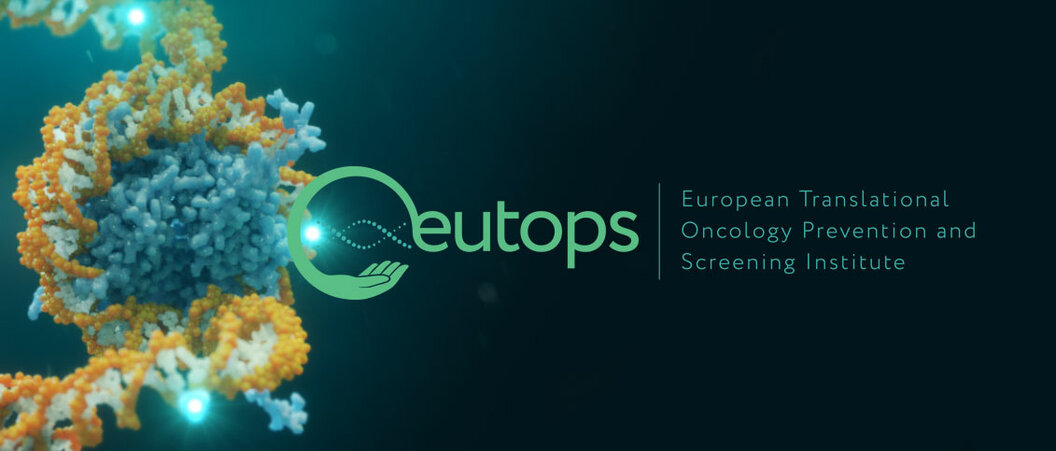Today, our latest paper was published in Genome Medicine. We describe the potential for individualised breast cancer prevention and risk monitoring using antiprogestins and a novel type of epigenetic test, the WID-Breast29. Our findings may be particularly valuable for individuals at the highest risk, for instance BRCA mutation carriers.
In our research, we identified that BRCA mutation carriers exhibit higher levels of the hormone progesterone during their menstrual cycle than women without a BRCA mutation. Higher cumulative progesterone levels may trigger proliferation of cells in the breast, in particular those that are often the cell of origin for the aggressive triple negative breast cancer called luminal progenitor cells. Using epigenetic features on the DNA, called DNA methylation, we were able to quantify the number of "aged" luminal progenitor cells in the breast. This novel test is called WID-Breast29. Counteracting higher levels of progesterone via oral pharmacological intervention appeared to reduce the number of these "aged" luminal progenitor cells, as measured by the WID-Breast29, in most, but not all women. This indicated that the individual efficacy of preventive measures could be quantified using the WID-Breast29. Those women who do not benefit from pharmacological options alone could be recommended to consider alternative options. Our research provides the basis for a potential paradigm shift in individualised prevention, whereby individualised longitudinal risk monitoring using epigenetic tests such as the WID-Breast29 could guide preventive actions.
Find a video outlining the new findings below, or read the research:



